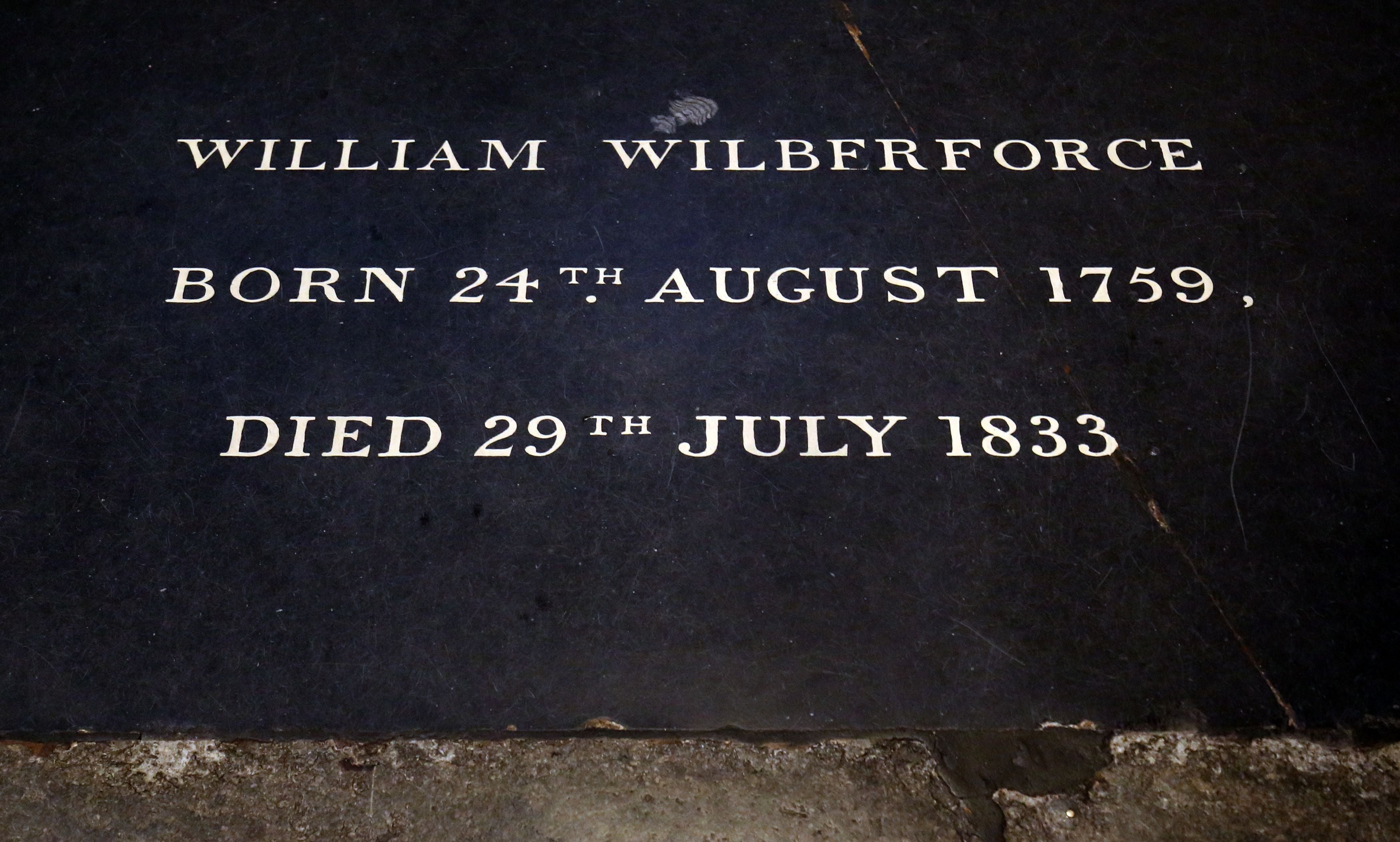Offshore asylum ‘traduces’ UK’s reputation as ‘nation that abolished slavery’
Lords debate Nationality and Borders Bill that seeks to curb English Channel crossings and change how asylum claims are processed.

Britain’s reputation as the “great nation that abolished slavery” is at risk because of plans to create asylum processing centres overseas, peers have heard.
Conservative former minister Lord Cormack said the reputation of slavery abolitionist William Wilberforce risked being “traduced” by plans in the Nationality and Borders Bill to set up processing centres in other countries for people seeking asylum in the UK.
The Bill seeks to curb English Channel crossings and change how asylum claims are processed.
Peers spoke against the offshoring plans as the Bill continued line-by-line scrutiny in the House of Lords.
But my lords, my parliamentary hero is William Wilberforce and I don't want to see his reputation traduced
Lord Cormack said: “I really believe that it is truly essential that whatever we do is consistent with our record as the great nation that abolished slavery throughout its dominions, abolished before that the slave trade, battles in Parliament for both.
“But my lords, my parliamentary hero is William Wilberforce and I don’t want to see his reputation traduced.”
“I think we have to tread exceptionally carefully here,” Lord Cormack added. “We have gone on about Global Britain but if I am going to be proud of Global Britain, I want to be proud of a country that is upholding the highest international standards.
“I just cannot for the life of me think that to herd people into encampments in Rwanda and other far distant places is anything other than a repudiation of our standards as a great country.”
Conservative former minister Lord Horam said there was “no guarantee” that the offshore processing system would work in the UK, but described a similar system used in Australia as “successful”.
He added: “I think it would be a dereliction of duty if the British Government did not try and look at this and examine whether it can work.”
Peers were reminded to keep their contributions short as 'long speeches can create boredom and kill debate'
Conservative peer Baroness Stroud said Australia’s processing system was costly and instead called for the Government to instead pursue a “returns agreement” with the French Government, where all asylum seekers would be processed in Calais, with the UK committing to take “a certain number” in return.
Home Office minister Baroness Williams of Trafford said proposals to send asylum seekers offshore while their claims were processed were “not a new concept”, as a similar provision exists in the Asylum and Immigration (Treatment of Claimants etc) Act 2004.
She added: “What this measure does though is amend our existing legal framework to make it easier to remove such individuals.”
Lady Williams added: “I can assure my noble friends that the bottom line is this Government will act in accordance with our international obligations.
“To be clear this means we will not seek to transfer anyone overseas for asylum processing when to do so would breach the UK’s obligations under the refugee convention or the European Convention on Human Rights for example.”
As peers began the debate, they were reminded to keep their contributions short, and that “long speeches can create boredom and kill debate”.
The prompt came as concerns were raised over the slow progress being made by the upper chamber in scrutinising controversial asylum reforms and the limited time available.
The House faced a late sitting on Tuesday to ensure it reached the target group of amendments on the penultimate day of the committee stage on the Nationality and Borders Bill.
While acknowledging the significance of the issues to be discussed, the Lords chief whip Lord Ashton of Hyde urged members to be “self disciplined and considerate” to others.
With around 100 amendments to the Bill so far debated over three days, about the same number remain to be covered in the two days left for detailed scrutiny.
Bookmark popover
Removed from bookmarks